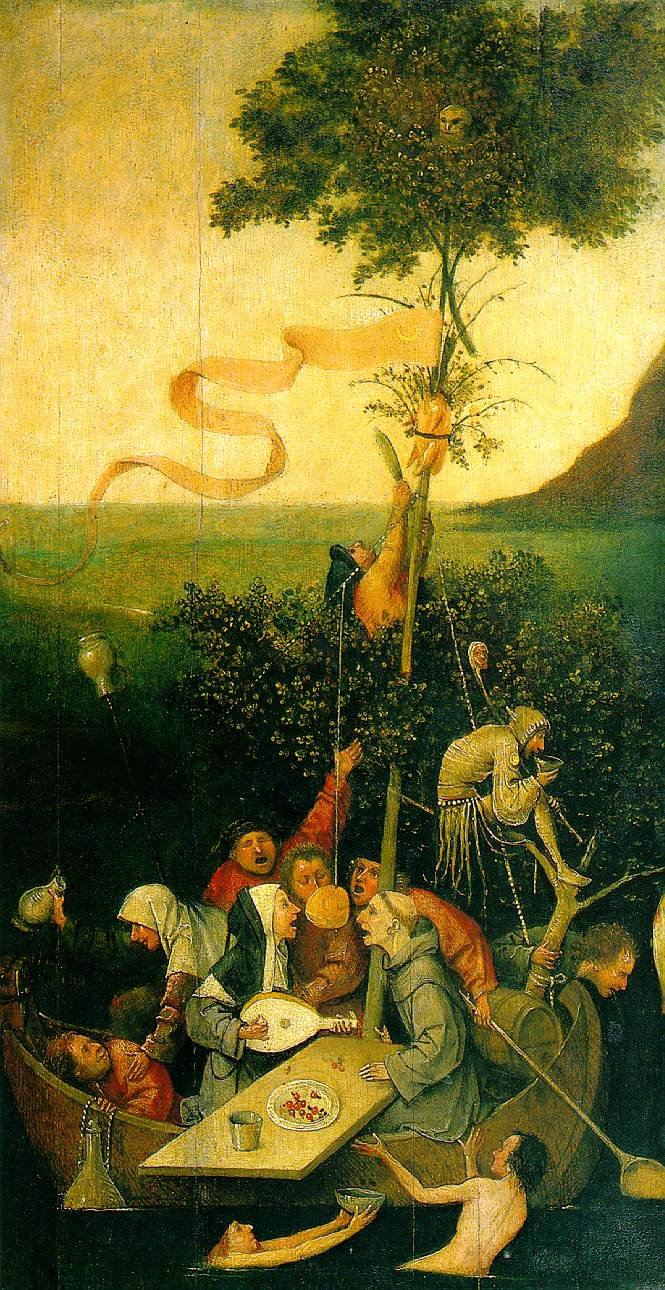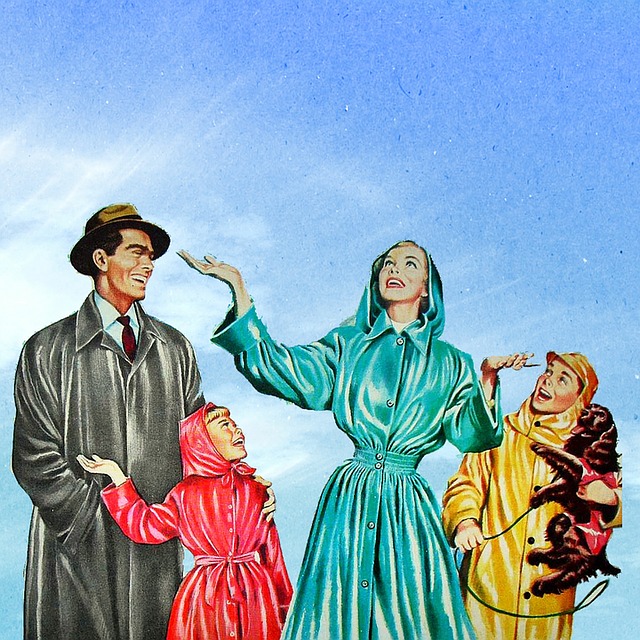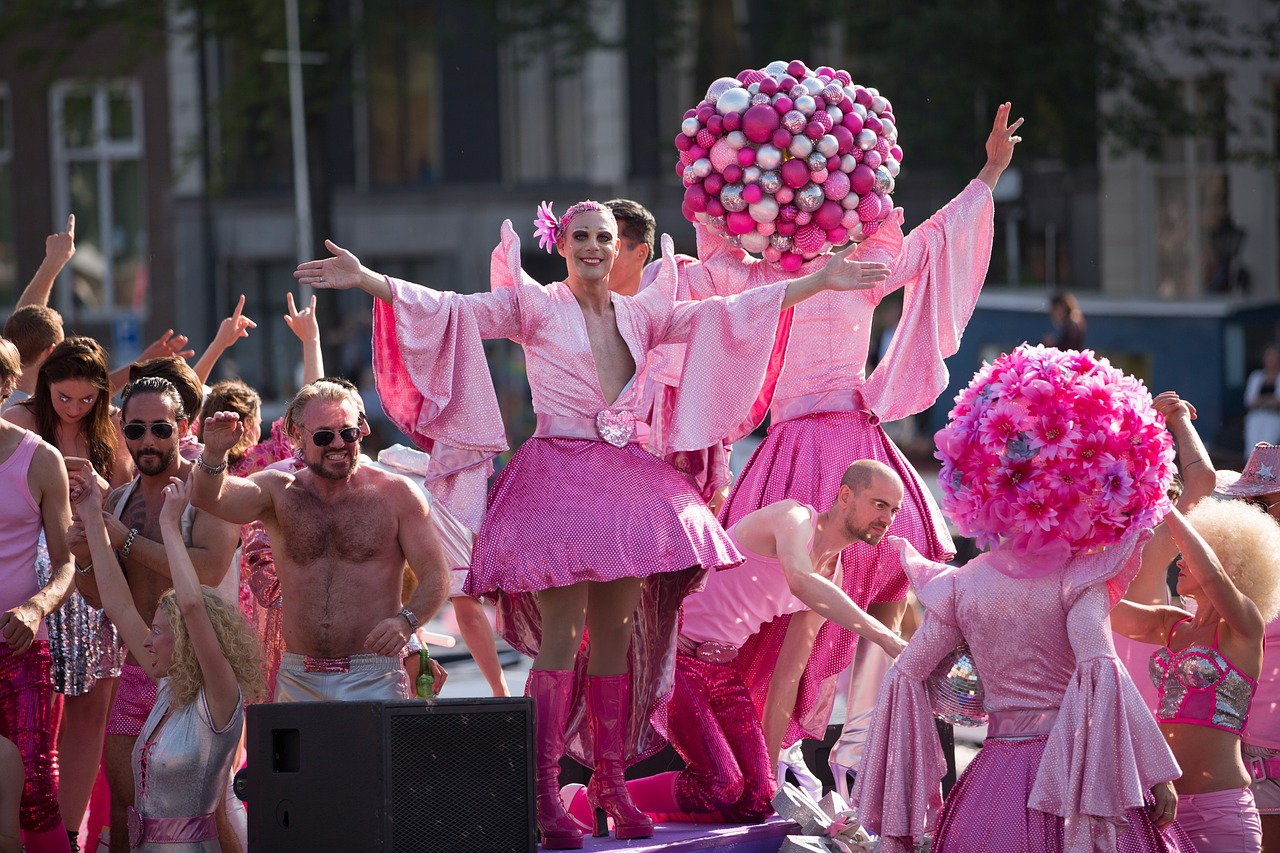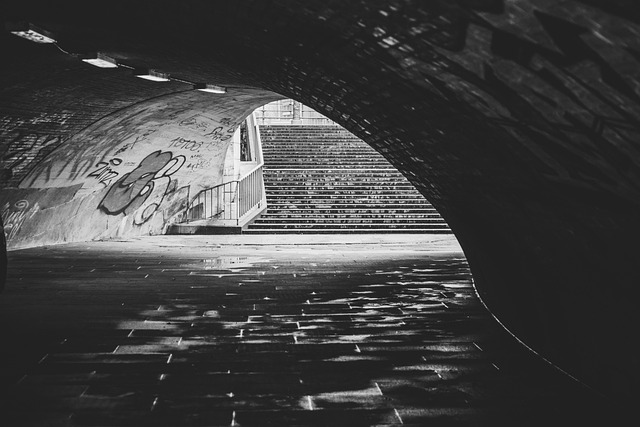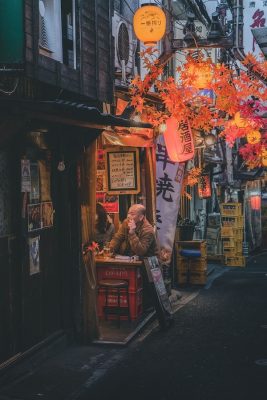
Many people who have travelled in Asia, especially in Japan, come home and tell us how safe and orderly it is there. They are fascinated by clean streets and squares, high standards, well prepared food, low crime, trains that arrive on time, and that people are well dressed, polite and friendly.
Let that sink in. Safe and orderly.
About as safe and orderly as our own society was until a few decades ago. Much of Japanese society is built on a western foundation, albeit with a strong eastern flavour, but it wasn’t the Japanese who invented train timetables, street cleaning, patrolling police and water closets.
It was we Europeans who initiated modern society, with electricity, running water, public transport and a social culture that united noisy cities and contributed to public safety. We greeted people, opened doors, and were polite to strangers. We did our jobs with an air of professional pride, even if we were far down the social hierarchy, because we were all part of the almost magical machinery that made this great society work. We were fortunate. We were proud. Until the 1950s, we realised how incredibly good we had it, living in the best of worlds.
Then a demon broke into our realm. An entity that questions, twists and turns everything. Nothing is good enough, everything is just a result of various injustices and greed. Critical thinking became fashionable.
Companies exploit workers; they are hindered in their lives and personal development by an oppressive society based on capitalism. The milkman doesn’t really want to be a milkman, and the plumber doesn’t want to work with pipes. Society is not mobile enough, there are few opportunities to climb the career ladder or to realise your dreams.
We are told that films do not have enough black actors, or that women are given inferior roles. Demands for quota-based casting are announced, and implemented, in all seriousness. It’s the same in workplaces, associations or groups. Things are often criticised from a justice perspective, where there is an oppressive majority and an oppressed minority. The buzz of critical voices is constantly heard. Like a mental virus.
Because wouldn’t it be great if everyone had the chance to become what they really wanted?
That is the goal of hyper-individualism, to ensure that the individual’s innermost goals are seen as possible. Anyone can become anything. It’s just a matter of education or knowledge. This is the general perception of the boomer generation in particular.
We realise that the premise is false, even if the idea is good; not everyone can become a film director, media personality or writer. And since the idea does not match the reality, more and more annoying cracks will spread along the mental walls.
And although the idea is quite vitalist in its original form, the proliferation of cracks corrupts the whole. The idea that through hard work a peasant can become a merchant or aristocrat is uplifting and powerful, and it gives hope to many people. We want to believe that anything is possible, and on one level this is true, the problem is that relatively few people have the ability to make such a journey. Some social positions and jobs demand a lot from their practitioners, and not everyone is suited to the task. Therefore, the idea of the blank slate and total social mobility as a whole is false.
Every generation after the Boomers, Gen X and Millennials alike, must learn to turn a blind eye to the accelerating cracks, and learn the various lies of life to cope with the anomalies, whether it’s justice for workers, women, minorities or trans people, until the whole edifice of ideas collapses.
And it’s not just the ideas that collapse, even our well-ordered society is a thing of the past. And the descriptions of the well-ordered Japan are mostly a thorn in the side, knowing that we could have it just as good, but instead we chose to tear it all down, because we felt pity for someone somewhere.
Slowly, very slowly, however, more and more people are beginning to realise that if we cannot maintain a safe and stable society, our civilisation is over.

